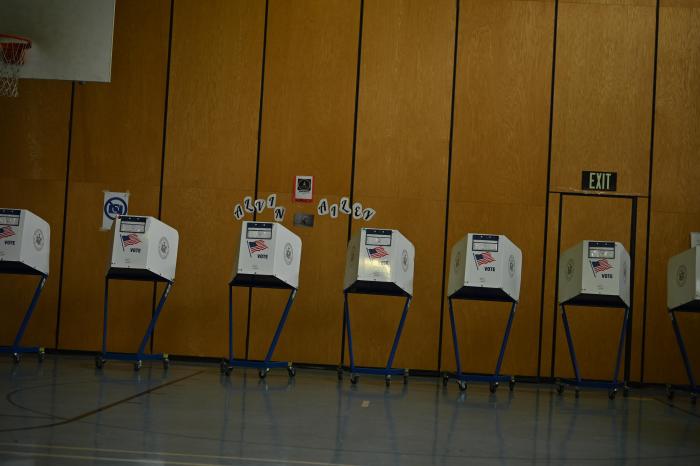A select few of Brooklyn’s City Council candidates competing to replace no fewer than eight term-limited lame ducks in November have been singled out by a group of real estate big wigs to receive tens of thousands of dollars of support completely outside the city’s campaign finance regime — and it’s enough to make even the beneficiaries blush.
Though perfectly legal, the massive spending has left critics wondering what’s the point of having campaign finance laws at all when outside groups can step in and effectively neutralize the matching funds and spending limits that underpin the system.
“There’s nothing wrong with this kind of independent spending constitutionally, or legally,” said Gene Russianoff, senior attorney with New York Public Interest Research Group, “but it completely undermines New York’s campaign finance laws, which encourage the candidates to spend a reasonable amount of time campaigning for the support of their constituents.”
City campaign finance laws impose strict spending caps on candidates, in exchange for matching the small contributions of folks living in their districts — essentially amplifying the effect of grassroots support from constituents while at the same time limiting the role of money in campaigns.
“At the city level, with the low-level spending limits and matching funds, candidates are going to spend more time reaching out to people who actually live in the district and spend time actually talking to them,” said Bill Mahoney, a research coordinator with the New York Public Interest Research Group.
But following the 2010 Supreme Court decision favoring Citizen United — which held that individuals and corporations can spend unlimited amounts to support their favored candidates — this year’s Council race marks the first time that so-called super PACs have been let off their leash in New York City.
As long as the group discloses its donors and does not coordinate directly with candidates, a super PAC can spend as much as it pleases on their behalf, effectively rendering campaign spending limits irrelevant.
Jobs for New York, a super PAC backed by the Real Estate Board of New York and several construction-trade unions, is showing how dramatic this effect can be.
Under the city’s campaign finance system, candidates are only allowed to spend $168,000 in a primary, but Jobs for New York has already spent $120,000 on behalf of assemblyman Alan Maisel, who is running in the Sept. 10 Democratic primary against businesswoman Mercedes Narcisse to replace the term-limited Lew Fidler on the Council.
Narcisse’s campaign manager, Michael Roberts, said that his candidate’s support of the Small Business Survival Jobs Act, which gives small businesses greater leverage in negotiating fair terms for property leases and which languished in City Hall for three years due to opposition from groups like Jobs for New York, precludes the PAC from giving her its support.
The group’s efforts, which even Maisel refers to as a “shadow campaign,” are entirely independent of the candidate, and the assemblyman claims that he was oblivious it until he discovered that somebody had begun mailing out campaign fliers before he did.
“I found out about it accidentally,” Maisel said. “Somebody brought me a flier, and I said, ‘we didn’t sent out any mail.’ We had no idea it was coming.”
Even Maisel seemed troubled by the amount of support he’s getting from folks he’s never met.
“I just think in some ways it’s an obscene amount of money,” he said. “They sent out four different fliers in the mail — gloss fliers, very expensive, some well done, some not so much — but they’ve done more in the last two or three weeks than some will do for their entire campaign.”
So far, Jobs for New York has poured $1.35 million into this year’s council races city-wide, and is supporting Brooklyn candidates Mark Treyger ($43,868), Sara Gonzalez ($167,341), and Laurie Cumbo ($79,715) in addition to Maisel.
Jobs for New York did not return calls for comment.




















